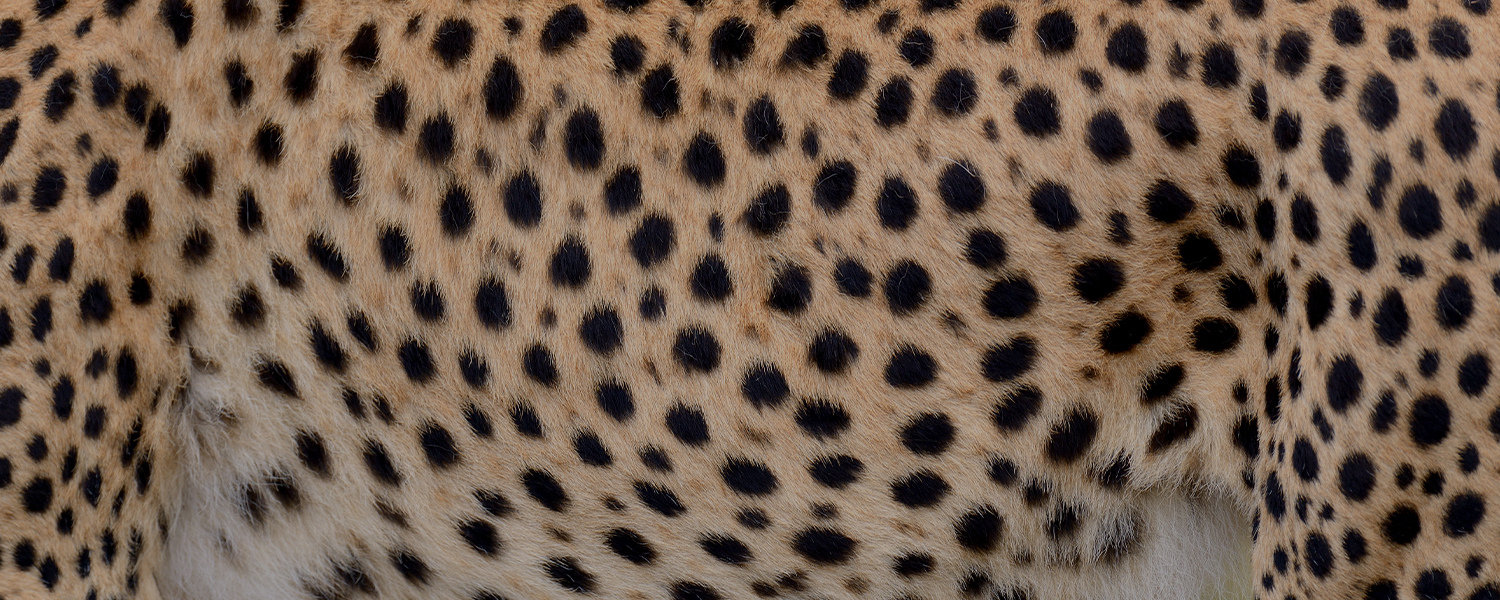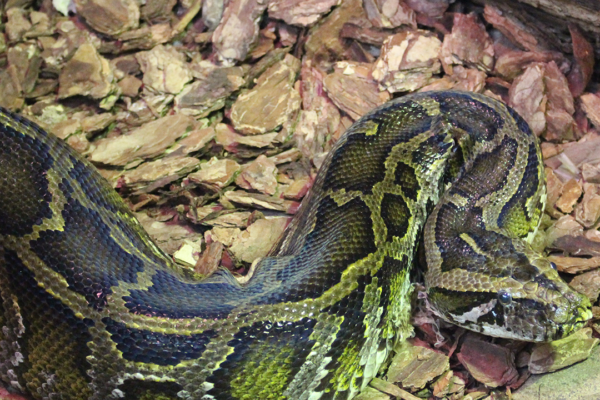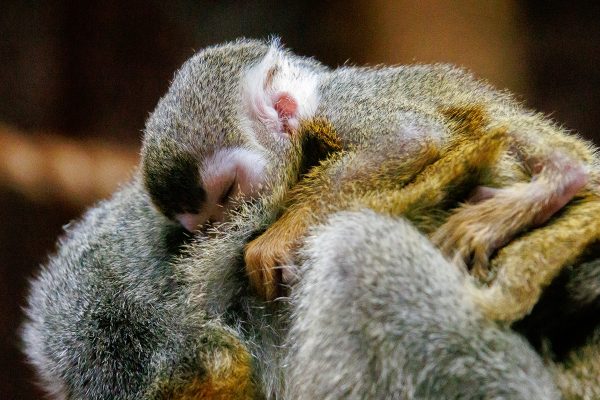Posted December 4, 2023 in Conservation
International Cheetah Day (Monday 4th December) was established to celebrate these fast-paced felines and raise awareness for Cheetah conservation. Find out some fun facts about Cheetahs below!
Cheetah Facts
Cheetahs are one of the bigger members of the cat family, but they’re not actually a true big cat. The small cat subfamily, which includes Cheetahs, has a bony hyoid (tongue bone) which means they can’t roar like big cats but they can purr! Cheetahs are more closely related to domestic cats than they are to Leopards and Lions!
Cheetahs are the fastest runners in the animal kingdom, able to accelerate from 0-45mph in 2.5 seconds! Their top speed sprints can reach over 60mph but they only maintain this speed for short bursts of less than 20 seconds. One stride can cover seven metres! Cheetahs have many anatomical adaptations which allow them to run so fast including a pivoting hip bone, lightweight bones, a flexible spine and their shoulder blades are not attached. They also have a long and muscular tail which works as a counter-balance and allows them to turn corners without losing speed. Cheetahs also have semi-retractable claws that work like running spikes.
Cheetahs are threatened by the loss of their prey and habitat as well as direct killing by humans trying to protect livestock. Cheetahs have disappeared from 91% of their previous range, with African populations restricted to patches in Southern and Eastern Africa. In Asia, Cheetahs are now found only in Iran where the population consists of fewer than 50 individuals.
Female Cheetahs live alone and avoid other females. They only live with their cubs, which they raise on their own. For the first 8 weeks of life, Cheetah cubs stay hidden from predators in a den whilst their mother is hunting. Cubs have a man of tufty pale hair, which helps to camouflage them from predators.
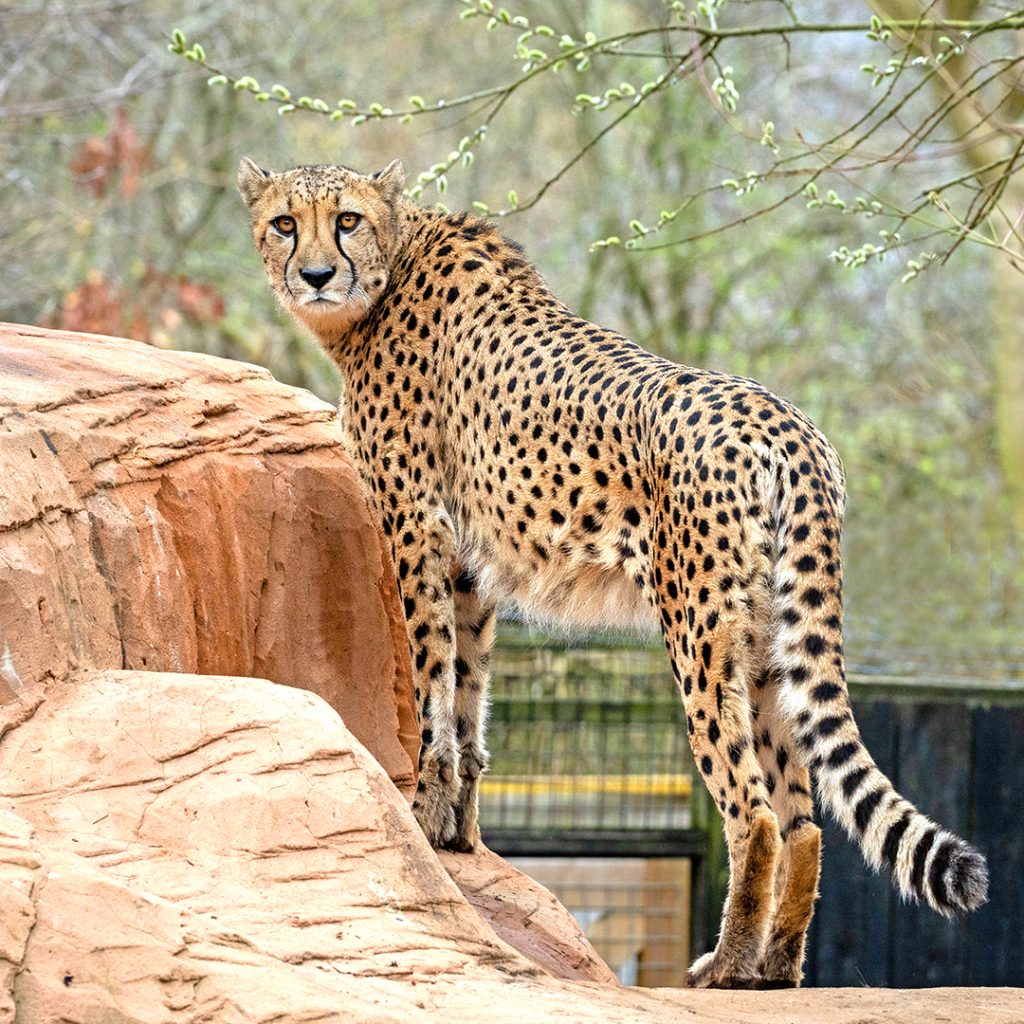
Abasi 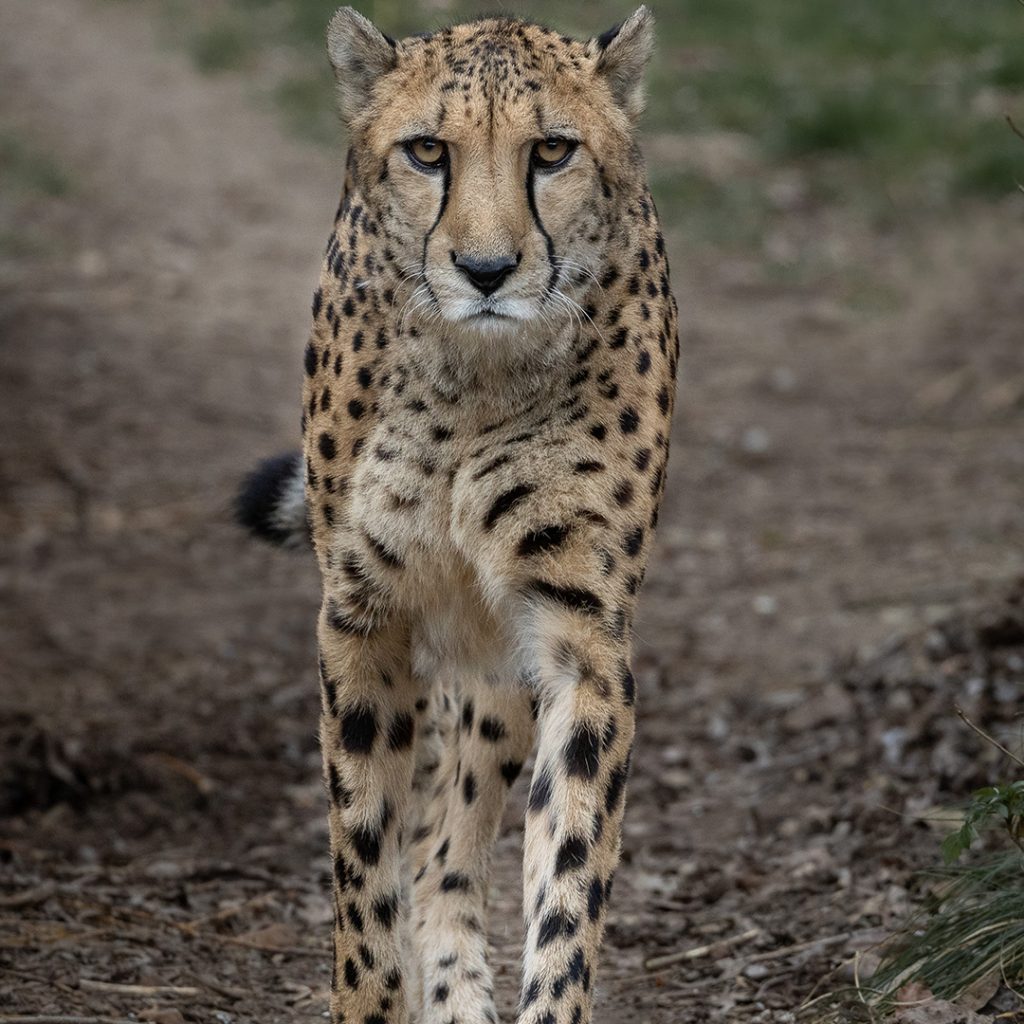
Azizi 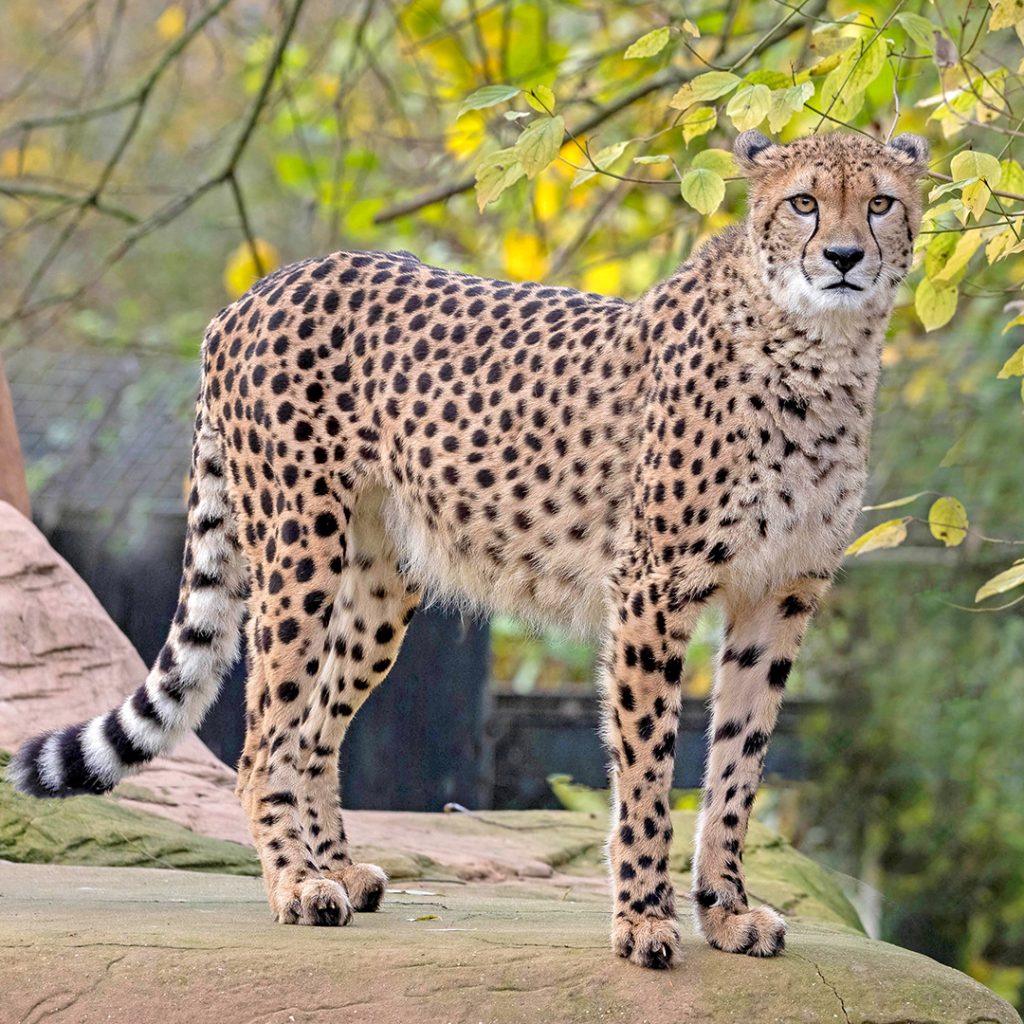
Anika
Abasi, Azizi and Anika
Back in April 2023, we welcomed the arrival of a female Cheetah from Vienna Zoo in Austria, as part of a breeding recommendation. Our new female actually arrived without a name, so as our Animal Care Team learned more about her personality, they decided to name her Anika, which means ‘sweet-faced’ in Afrikaans.
The captive Cheetah population in Europe is managed as a European Ex Situ Programme, also known as an EEP. The EEP is vital for the conservation of this species in captivity. The EEP is run by a single coordinator who then makes breeding recommendations by close monitoring of the captive population and the population genetics.
In order to allow Anika and Azizi time to get used to one another, Azizi’s brother, Abasi, moved to a new ‘spot’ in the Zoo located opposite our Komodo Dragons. It took Abasi a few days to get used to his surroundings but since moving, Abasi has now settled into his new home and has become a very confident cat with our Animal Care Team in his new habitat.

